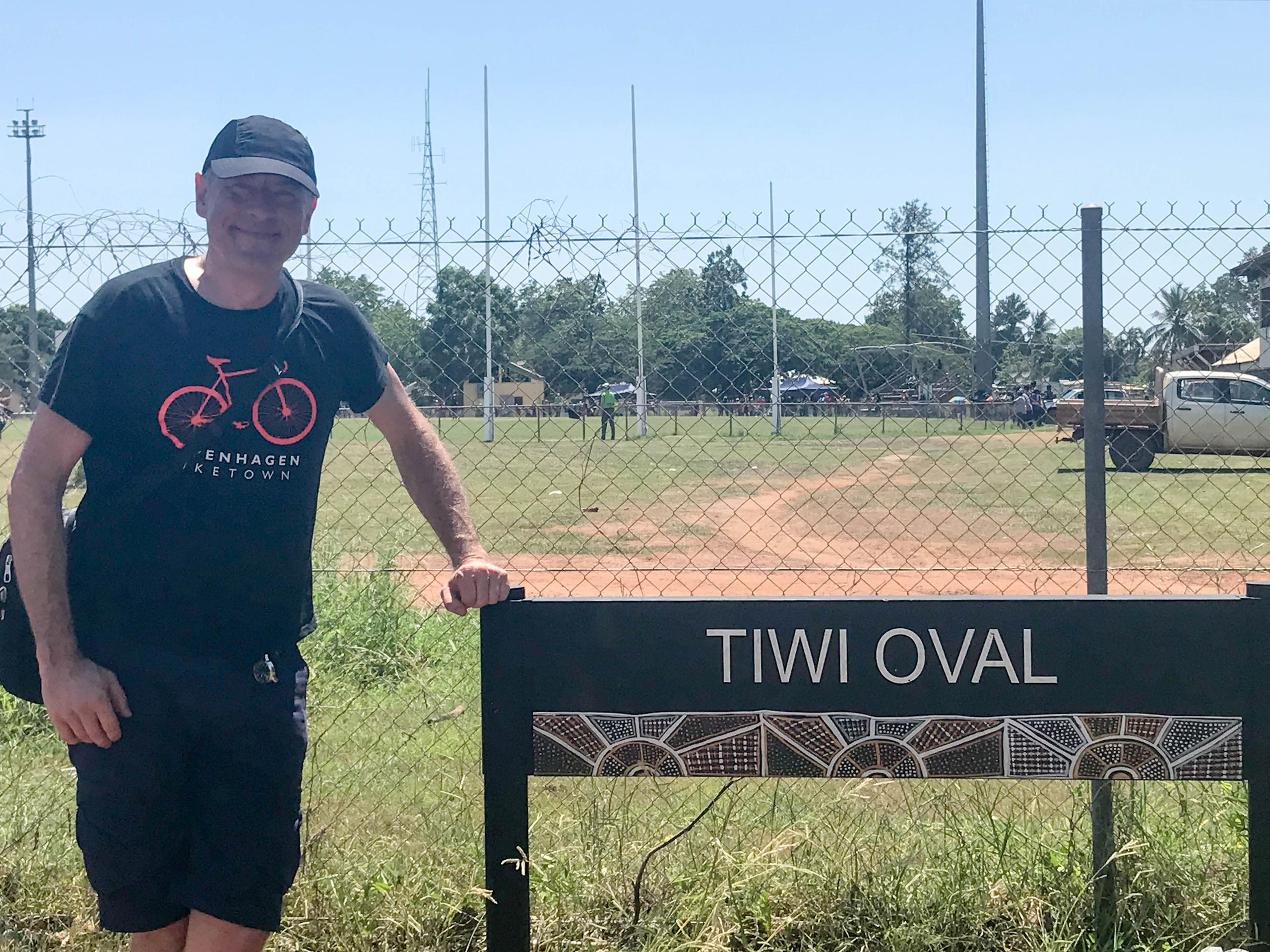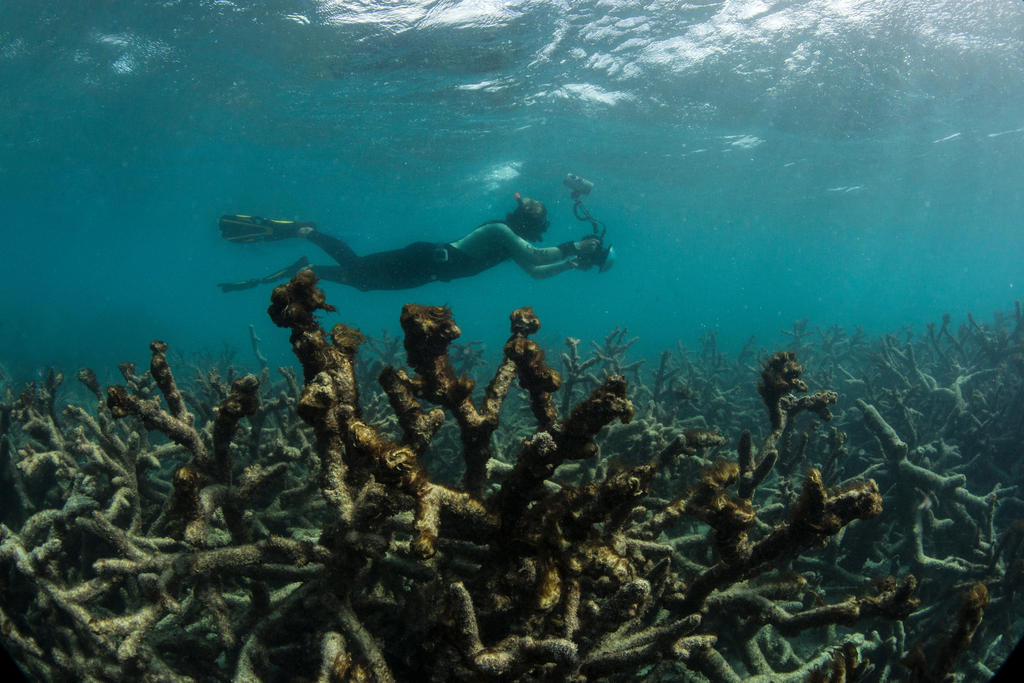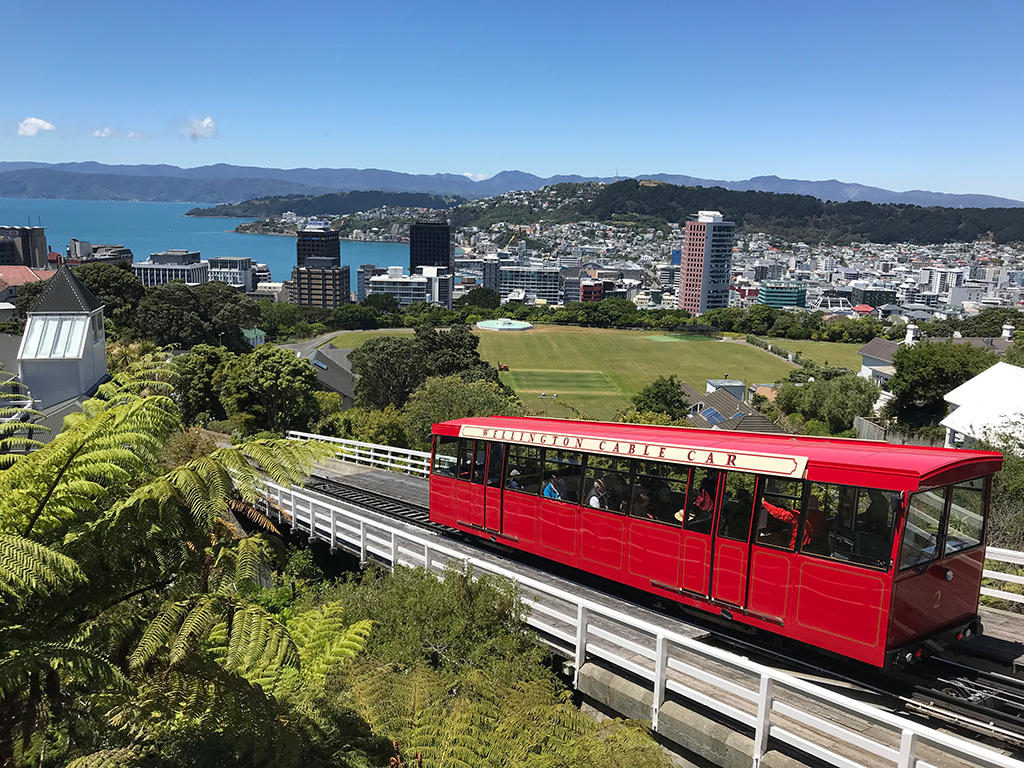Can an Asian alliance stop democratic backslides in Myanmar and Thailand?
Several member countries in the Association of Southeast Asian Nations (ASEAN) – such as Myanmar and Thailand – are struggling with questions related to democracy, even though ASEAN is widely considered to be among the most successful modern-day governance projects.
“Khin Maung, your driver, is deaf,” the Grab App on my smartphone informs me after I booked a ride to a meeting with a journalist colleague in downtown Yangon.
As my Burmese language skills are non-existent, it probably wouldn’t have made much difference. But there is one question I would have loved to have asked the driver: why do Burmese cars and buses have their steering gears on the right-hand side when they also drive on the right-hand side of the road?
This fact makes it extremely dangerous for motorists to pass other cars and means that buses are opening their doors into oncoming traffic.
After my silent ride with Khin Maung, an excellent navigator of Yangon’s chaotic traffic, I met with A, a local journalist whose full name is not included here for his security. We quickly began discussing much more pressing issues than traffic oddities.*
His country, Myanmar is in big trouble. Again. And it has been since becoming independent from Britain in 1948.
With sugar bread and whip
“We only know of one state institution that has survived all those years, it’s called Tatmadaw,” says A, nervously scanning the quiet coffee shop he so carefully chose for our meeting.
Tatmadaw is the Burmese army, which has been at war since its establishment. That war has not been with foreign enemies but with its own people: some 54 million of them, representing more than 130 distinct ethnic groups, languages and religious orientations.
This record does not make Myanmar – whose official name was Burma until 1989 – unique. But the unpredictable and often brutal way Tatmadaw has dominated an area of 670,000 square kilometres does set the country apart. The military has clamped down on almost all attempts to bring Myanmar into modern times and more on par with the development of its fellow member nations in the Association of South East Asian Nations (ASEAN).
Some may be surprised to learn that Myanmar actually joined ASEAN back in 1997, since ASEAN’s own constitution obliges all member states to guarantee basic human rights (in line with the UN’s Universal Declaration on Human Rights) and to “adhere to the principles of democracy, the rule of law and good governance”.
Another surprise came a few years ago, when Myanmar’s ruling generals allowed long-time dissident and Nobel Peace Prize Winner Aung San Suu Kyi – in Myanmar just called “the Lady” – to run for and win the 2015 parliament elections. In this remarkably well-conducted election, Suu Kyi’s National League for Democracy (NLD) received most of the votes and an absolute majority of the seats in parliament.
But while many outsiders expected Myanmar to quickly develop into a post-autocratic society with vibrant democratic debates and political parties, things only changed on the surface.
“It is still the Tatmadaw who runs the game,” says my journalist colleague, who never knows whether his published comments are viewed an encouragement or a threat by the state censors.
“It is very unpredictable,” he says of the censorship. “We even have different laws for printed articles versus those published online. Many of my pieces that are accepted in print would be illegal to be put online.”
Constitutional right to state coup
So, while the old NLD democracy fighters now occupy most seats in both the parliament and the government, the army in Myanmar has kept its fundamental powers and can do whatever it finds appropriate. In the words of my Burmese colleague, the army owns the “constitutional right to conduct a coup d’état”. And the Tatmadaw continues to apply these absolute and unchecked powers.
Last year, once again, Myanmar soldiers terrorised one part of the country — the Muslim Rohingya population — killing thousands and forcing more than 650,000 people across the border into neighbouring Bangladesh. The military is also fighting other internal warsExternal link in remote parts of the country.
Journalists investigating these atrocities are routinely detained and risk long prison sentences based on pre-colonial legislation against freedom of information. The government of Aung San Suu Kyi is silent on all these offenses against the free press in the name of “national unity” – and under the threat of the military generals to undo even the smallest democratic achievements if the government doesn’t tow its line. As a result, the ruling National League for Democracy is now at risk of losing all of the popularity it gained during decades of military dictatorship.
What to do about the democratic backslide?
There has been a powerful global reaction against the Rohingya crisis, but not a regional one. While ASEAN enshrines transnational principles of human rights and participatory democracy, nine of its ten member states – the exception being Indonesia – have experienced major democratic backslides as well. On my democracy world tourExternal link, I have met with democracy reporters and supporters from across the region including Singapore, Laos, Vietnam, Malaysia, the Philippines and Thailand.

In Thailand, citizens have grown impatientExternal link with the ruling military junta who staged a coup in 2014 and has promised — but failed to deliver — free and fair elections ever since. In a recent move, the military-controlled Thai parliament, the National Legislative Assembly, voted in late January to delay the announced election from November 2018 to the next year.
At a roundtable meeting on the prospects of participatory democracy and active citizenship in Thailand and the ASEAN hosted by the Swiss embassy in Bangkok last month, several leading southeast Asian journalists expressed their doubts over the abilities of current leaders and governments in the region to reform.
“We will need at least five years of stable democratic government to overcome the constitutional and legal limitations introduced by the current military junta,” said Theewaporn Kummetha, editor-in-chief of the independent online newspaper PrachataiExternal link,
And Edgardo Legazpi, the Executive Director of Southeast Asian Press Alliance – a network of democracy-supporting journalists – shared a new assessment of his organisation, indicating a “devastating decline of free speechExternal link across the region.
“What is most discouraging is the lost faith of the young generations in the principles and procedures of human rights and democracy,” said Legazpi.
It feels like a whole region is currently driving on the wrong side of the road when it comes to democracy. The blame falls mostly on an elderly generation of leaders (and their followers), who are sticking to an autocratic legacy and trying to keep as much power as possible for as long as possible.
But time will not be on their side as younger generations, well-educated and with access to non-biased information, will have to take over at some point. The big question is: how well will they be prepared for this role?
At the roundtable in Bangkok, the participating organizations (including ANFRELExternal link) agreed to develop an ASEAN school of young and participatory leadership. This is a truly timely initiative indeed.
* In Myanmar, the mystery of the “double right” driving goes back to a ruling general’s bad dream back in the late 1960s. Disturbed by what he saw in his sleep, he made the country change which side of the road they drove on overnight, from the left side to the right side. But since nearly all cars since then have been imported from Japan, where people drive on the left, the steering wheel is on the wrong side.
#ddworldtour
Swiss-Swedish author and journalist Bruno Kaufmann is on a world tour to explore the state of democracy visiting more than 20 countries on four continents until May 2018.
swissinfo.ch publishes a weekly Notebook and multimedia reports by Kaufmann over the next few months as part of its coverage of direct democracy issues.
Kaufmann’s democracy world tour is mainly sponsored by the Swiss Democracy FoundationExternal link, where he is the director of international cooperation. The Swiss Democracy Foundation hosts various projects and platforms linked to participatory and direct democracy across the globe, including Democracy International, External linkthe Direct Democracy NavigatorExternal link and the Initiative and Referendum Institute Europe.External link

In compliance with the JTI standards
More: SWI swissinfo.ch certified by the Journalism Trust Initiative












You can find an overview of ongoing debates with our journalists here . Please join us!
If you want to start a conversation about a topic raised in this article or want to report factual errors, email us at english@swissinfo.ch.